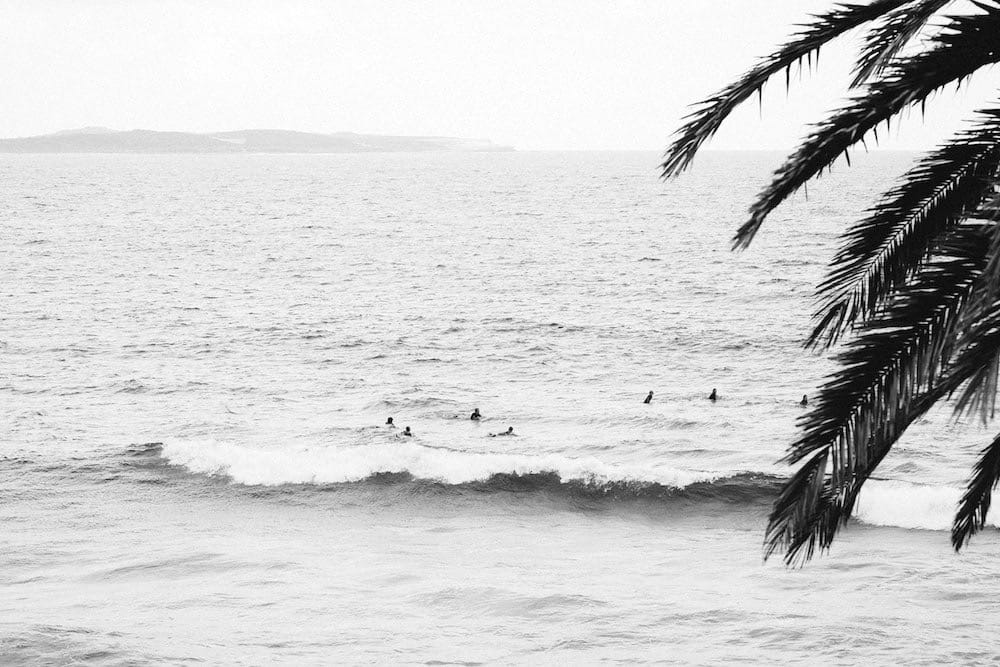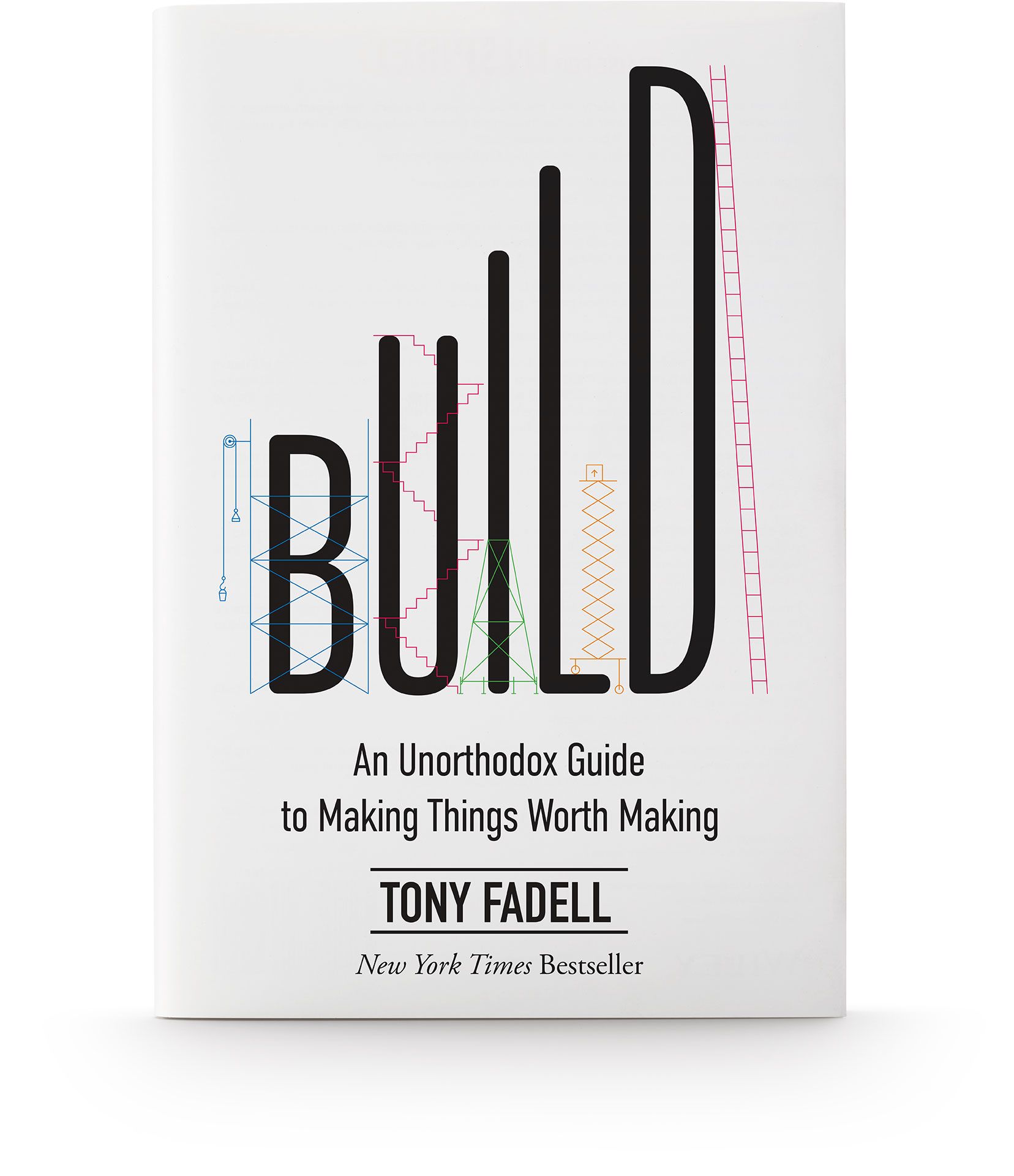You don't need to work at a big company to get a rocket learning curve

I'm a big reader and since I joined Pictarine, I started reading a lot of entrepreneur' and business books. Sometimes, it inspires me to try new things and sometimes it makes me see things differently.
To put it simple: if you had to read one business book (either you're an aficionado or not), it must be Build by Tony Fadell. This is THE BEST book I've read so far and I'm not the only one to say it.
What Build by Tony Fadell taught me and what to expect from this article:
- You don't need to work at a big company to get a rocket learning curve
- Live your passion with curiosity
- How to run and kill your ideas
- Take responsibility of decisions with either data or intuition
Who's Tony Fadell?
Before talking about what you can learn from his book, let's start by a short introduction of Tony Fadell. If you read the biography of Steve Jobs by Isaac Walterson, you should have come across his name. Tony Fadell spent 9 years at Apple and he is mainly known for being behind the iPod. He later co-founded Nest, a home thermostat (acquired by Google for $3.2B in 2014). His background include more than that and you should definitely read the book to get the big picture and all the intricacies!
The place where you work and your learning curve
This is one of my favorite part of the book. He says he may not be in the best position to say this given his background but in his opinion, you don't need to work at a big company to learn a lot. Actually, it could be the contrary. Big companies often have process and organized teams where at smaller companies, you can easily learn a lot by being a swiss army knife and no one is going to argue with that.
His background, the people he worked with, his network just to name a few; everyone would like to follow the same path. And when you look at big company, this is something that you can easily dream about; pursuing a brilliant career by building products the world will remember.
Still, he talks about it in a way where you feel confident to learn and be successful even in smaller companies.
You should know where you want to go, who you want to work with, what you want to learn, who you want to become. [...] You don’t have to be an executive right away, you don’t have to get a job at the most amazing, world-changing company right out of college, but you should have a goal.
Passion & curiosity
Remember that not everyone have the luxury to make a living of a passion. And that's precisely something that I like to remember every morning when I wake up: "I am lucky to have turned my passion into a job". More than that, Tony Fadell has a way to talk about curiosity and I believe this is something that people seem to lack of nowadays (I mainly see that during the hiring interviews for positions such as PPC, Social ads or SEO specialist). I believe that curiosity is the essence of the mind, what pushes to ask questions, to be challenged, to be inspired and to never stop learning.
The best way to find a job you’ll love and a career that will eventually make you successful is to follow what you’re naturally interested in, then take risks when choosing where to work. Follow your curiosity rather than a business school playbook about how to make money. Assume that for much of your twenties your choices will not work out and the companies you join or start will likely fail. Early adulthood is about watching your dreams go up in flames and learning as much as you can from the ashes. Do, fail, learn. The rest will follow.
How to iterate on your idea
Build. Fail. Learn.
Either you're in your twenties or forties, you will go through this process over and over again. There is no magical process neither revolutionary ways to manage. Each idea has its specificities and you will need to lead it differently than the previous one and than the next one. Each idea is different; the idea itself, the context, the people, what you know and don't know, your team and you.
When you're leading a team or a project to launch V1 - the first version of a product that's new to you and your team - it's like heading out into the mountains with friends for the first time. You think you have everything you need to camp and climb, but you've never done it before. So you're tentative. And you're slow. But you take your best guess at what you need and where you're going and head into the wild. The next year, you decide to do it again. That time it's V2. And it's completely different - you know where you're going, you know what it takes to get there, and you know your team. You now have the confidence to be bolder, take bigger risks, to go further than you ever thought before. But on that very first journey, you won't have those advantages. You'll need to make many opinion-driven decisions without the benefit of data or experience to guide you.
Data & intuition
My favorite part of the book! We live and work with data all around us (too much sometimes that we can't think straight). Yet sometimes, we don't have data on specific topics like innovative ones. And this is where the intuition plays its part. Tony Fadell says that you won't have all the data you need to take a decision; there's always something external to what you control through data that can happen. And even if you do, data can't take the decision for you. And this is where you need to be confident in your gut feeling and to follow your intuition. As you need to take responsibility of it.
If you don’t have enough data to make a decision, you’ll need insights to inform your opinion. Insights can be key learnings about your customers or your market or your product space—something substantial that gives you an intuitive feeling for what you should do. You can also get outside input: talk to the experts and confer with your team. You won’t reach consensus, but hopefully you’ll be able to form a gut instinct. Listen to it and take responsibility for what comes next.
There's still a lot to say about this book but it's not possible to cover everything here. This is one of the book you keep close to you, to re-read certain chapters or paragraph here and there to keep going for the extra mile.
